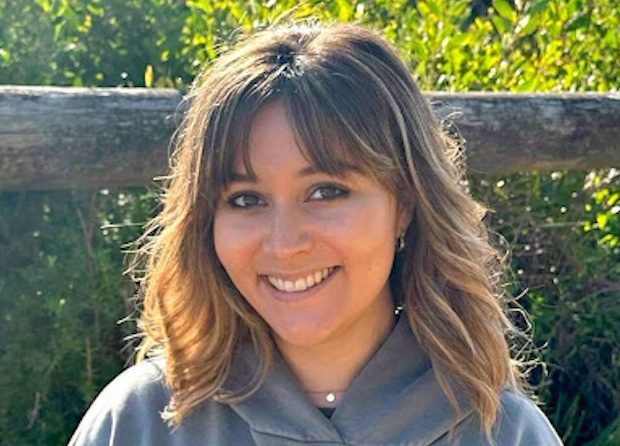One thing she knew for sure, however, it had to involve food.
From a young age, Marianne had developed a passion for cooking, helping to prepare family meals and experimenting with different flavours.
“I thoroughly enjoyed cooking and my dad was a big influence on that – not so much the nutritional side of it, just enjoying food and enjoying making meals,” she says.
Through her teenage years, Marianne started to become more interested in nutrition, experimenting with veganism and other diets and philosophies, and paying close attention to how the foods she consumed made her feel.
“I had quite a healthy connection with food, not feeling like I needed to cut anything out, but I did go through a bit of a diet phase as well.”
Wanting to learn more about the science behind food and nutrition, including the culinary aspect and the role it plays in health promotion and disease prevention, Marianne enrolled in the Bachelor of Nutrition Science/Bachelor of Business Administration at ACU.
She commenced her degree in 2019.
“Knowing how to prepare food and how to look after yourself is a very important life skill, and you will always need nutrition education,” she says.
“Even if I got through the degree and was still unsure what I wanted to do with it, I knew I’d always be passionate about food, whether it would be cooking or enjoying food or educating other people about it, so I was really happy with my decision.”
As she progressed through her degree, she began to think more deeply about not only her own relationship with food, but also the connection that others have with it.
While many Australians think of themselves as ‘foodies’, food literacy is alarmingly low among certain groups.
“Everyone says they like food and going out for nice meals, so you would think that Australians would have a sound knowledge of food and nutrition, but in many cases, they just don’t,” says Marianne, who completed her degree in late 2022.
“Partly because of that, I’ve grown very appreciative that I chose this path, because it puts me in a position to help people to improve in that area.”
Fresh out of university, she took on a role as junior nutrition coach with equ, a tech-based nutrition company that provides clients with personalised advice based on a balanced approach to eating.
“Initially when I first heard of the company, I was a bit nervous, thinking ‘Is this just another diet and weight loss thing?’” says Marianne, who started working at equ in early 2023.
“As I got to know more about it, I realised that it fits perfectly with my morals and philosophy, which is all about food freedom, balance and long-term sustainability rather than restrictive eating. I feel very proud to represent a company that wants to change the culture of eating and dieting in Australia.”
The company’s co-founder Amal Wakim started the company in 2015, after shedding almost 30 kilograms through flexible eating.
She says it became her mission to “educate people on the science of nutrition” while empowering them to “build positive relationships with their bodies and food”.
“The way that Amal articulates her journey is very relatable because she doesn’t sugarcoat it,” Marianne says.
“When our clients come to us, we try to be as raw and authentic as possible, and that means saying to them, ‘This is not a quick-fix, but it’s something you can stick with in the long-term, and we hope you can enjoy it and get as much value out of it as Amal did when she went on her initial journey’.”
Marianne is the youngest in a growing team of nutritionists at equ, and brings to the team a healthy combination of knowledge and enthusiasm.
“Sometimes I have to forget how young I am and instead remember to say to myself, ‘You studied this for a reason, you know a lot of things about nutrition, and you can do this’,” she says.
“I’m very glad to be valued for what I bring, and it’s been incredibly fulfilling to see clients achieve their goals and develop a more balanced relationship with food.
Seeing and that knowing that I was part of it has been very satisfying.”
As for her future career goals in food and nutrition, Marianne remains open to the possibilities.
“I have lots of little ideas in my head about the future, and if I can somehow combine my love of cooking and the practical aspects of food with my theoretical knowledge, I’d be over the moon,” she says.
“Right now, my main passion is about helping people to improve their nutrition literacy, and that means guiding my clients to meet their goals, and just generally bringing more education around nutrition to the forefront. I think it’s an important job and I’m really glad that I feel confident in myself to do it.”

